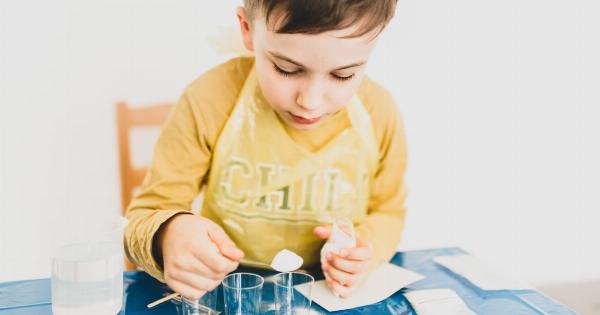Blood pressure is the pressure that blood exerts on the walls of our blood vessels. High blood pressure is a serious condition that can result in stroke, heart attack, and other health problems.
Fortunately, there are natural remedies you can use to lower your blood pressure. In this article, we’ll discuss ten natural remedies you can try.
1. Exercise Regularly
Exercise is a great way to reduce high blood pressure. Studies show that regular exercise can lower your systolic blood pressure (the top number) by up to 9 points.
The best type of exercise for lowering blood pressure is aerobic exercise, such as walking, jogging, swimming, or cycling. Aim for at least 30 minutes of exercise per day, most days of the week.
2. Reduce Sodium Intake
Sodium is a mineral that can raise blood pressure in some people. If you have high blood pressure, you should try to limit sodium intake to less than 2,300 mg per day.
This can be challenging, as sodium is found in many foods, including bread, cheese, and processed foods. Try to eat more fresh fruits and vegetables, as these are naturally low in sodium.
3. Increase Potassium Intake
Potassium is a mineral that can help counteract the effects of sodium and lower blood pressure. You should aim for at least 3,500 mg of potassium per day.
The best food sources of potassium are fruits and vegetables, such as bananas, oranges, tomatoes, spinach, and sweet potatoes.
4. Quit Smoking
Smoking has numerous negative effects on health, including raising blood pressure. If you smoke, you should quit as soon as possible.
There are many resources available to help you quit, including nicotine replacement therapy, medications, and support groups.
5. Reduce Alcohol Intake
Alcohol can raise blood pressure in some people. If you have high blood pressure, you should try to limit alcohol intake to no more than one drink per day for women, and two drinks per day for men.
One drink is defined as 12 ounces of beer, 5 ounces of wine, or 1.5 ounces of hard liquor.
6. Lose Weight
If you are overweight or obese, losing weight can help lower your blood pressure. Even losing just a few pounds can make a difference. Aim for a healthy weight based on your body mass index (BMI).
7. Manage Stress
Stress can cause temporary increases in blood pressure. If you are under constant stress, your blood pressure may remain consistently high. Try to manage stress through relaxation techniques, such as meditation, deep breathing, or yoga.
Exercise, spending time in nature, and spending time with loved ones can also help reduce stress.
8. Sleep Better
Getting enough sleep is important for overall health, but it can also help lower blood pressure. Most adults need seven to eight hours of sleep per night.
If you have trouble sleeping, try maintaining a regular sleep schedule, avoiding caffeine and heavy meals before bedtime, and creating a relaxing bedtime routine.
9. Incorporate Healthy Foods Into Your Diet
Eating a healthy diet can help lower blood pressure over time. Focus on eating a balanced diet that includes whole grains, lean proteins, fruits, vegetables, and healthy fats like nuts and avocados.
Avoid processed foods and foods high in saturated fat and sugar.
10. Try Natural Supplements
There are several natural supplements that may help lower blood pressure. These include:.
- Garlic
- Hawthorn
- Fish oil
- Coenzyme Q10 (CoQ10)
- Magnesium
As with any supplement, it’s important to talk to your doctor before trying it.
Conclusion
High blood pressure is a serious condition that can lead to health problems. However, there are many natural remedies you can use to lower your blood pressure.
These include exercise, reducing sodium and alcohol intake, increasing potassium and healthy foods in your diet, quitting smoking, and managing stress, among others. By incorporating these remedies into your lifestyle, you can help lower your blood pressure and improve your overall health.





























